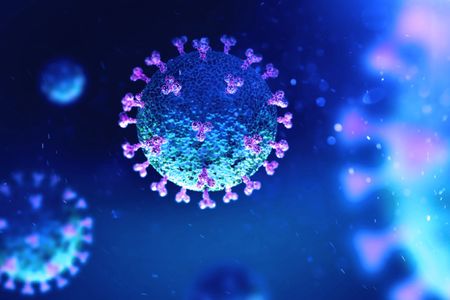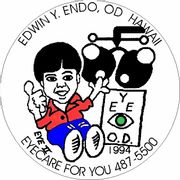Do These Things Now to Prepare for Cold and Flu Season

Do These Things Now to Prepare for Cold and Flu Season
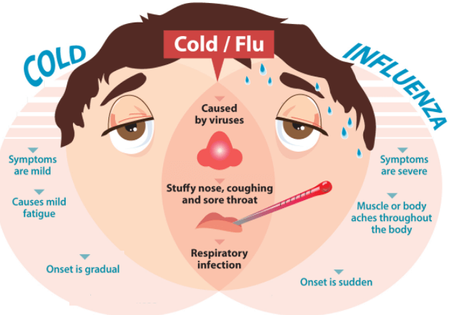
As we approach flu season (the pandemic still lingering but with lower mortality, improved treatments and medications) threatening us with more infectious diseases. Each year, millions of Americans get sick with influenza, a viral infection that affects the lungs, throat, and sinuses. While the flu virus is typically a year-round bug, it often begins in late October and peaks between December and February and lingers to March. So, what can you do to prepare? Well, you’ll want to incorporate some preventative measures. You may also want to boost your immunity to give yourself a fighting chance. Be preventive, proactive and always with more sleep.
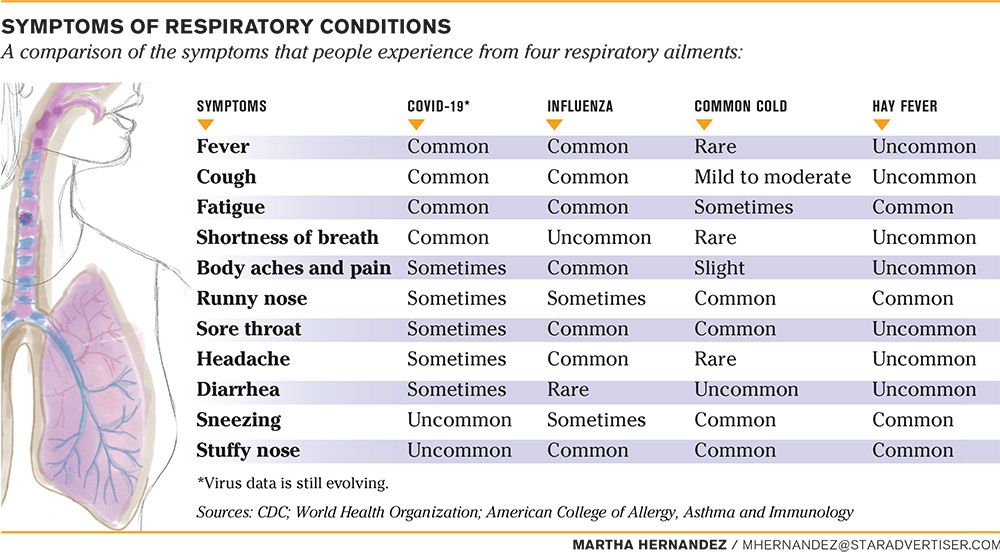 There is now some remedies for the common cold. If you catch a cold, you can expect to be sick for one to two weeks. These remedies may help to recover much faster:
There is now some remedies for the common cold. If you catch a cold, you can expect to be sick for one to two weeks. These remedies may help to recover much faster:
- Water and other fluids. Water, juice (but avoid sugary drinks by diluting with water), clear broth or warm lemon water with honey helps loosen congestion and prevents dehydration. Further, lots of water help to dilute the toxins produced by the virus and this alone helps the body to heal faster. Avoid alcohol, coffee and caffeinated sodas, high protein or high acid foods which can make dehydration worse or cause more inflammation. I recommend hot Ovaltine with honey, guava juice, jello, but be careful with citrus fruits when you are sick.
- Salt water. A saltwater gargle with warm water — can temporarily relieve a sore or scratchy throat. And oral antibiotics taken immediately can be very helpful.
- Antiseptic Mouthwash/peroxide may be useful to swish in the mouth but do not gargle because it may irritate the already inflammed throat. But frequent rinse/swish in the mouth helps to speed recovery.
- Saline nasal drops and sprays. Over-the-counter saline nasal drops and sprays combat stuffiness and congestion. Unlike nasal decongestants (which I do not recommend), saline drops and sprays don't lead to a rebound effect — a worsening of symptoms when the medication is discontinued — and most are safe and nonirritating, even for children.
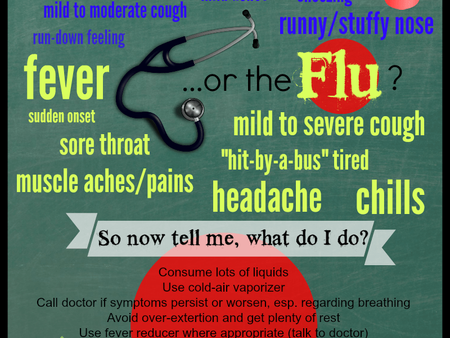
- Chicken soup. Chicken soup might help relieve cold and flu symptoms in two ways. First, it acts as an anti-inflammatory and temporarily speeds up the movement of mucus, possibly helping relieve congestion and limiting the amount of time viruses are in contact with the nose lining.
- Over-the-counter cold and cough medications in older children and adults. Nonprescription decongestants and pain relievers offer some symptom relief, but they won't prevent a cold or shorten its duration, and most have some side effects. If used for more than a few days, they can actually make symptoms worse.
If a cough lasts after your other cold symptoms have resolved, see your doctor. In the meantime, try soothing your throat with warm lemon water and honey and humidifying the air in your house. Don't give honey to infants.
- Antihistamines. First-generation (sedating) antihistamines may provide minor relief of several cold symptoms, including cough, sneezing, watery eyes and nasal discharge. However, results are conflicting and the benefits may not outweigh the side effects.
- Oral steroids. If you have trouble breathing, one or two oral tabs of Decadron may help. But use minimally!
- Humidity. Cold viruses thrive in dry conditions — another reason why colds are more common in winter. Dry air also dries the mucous membranes, causing a stuffy nose and scratchy throat. A humidifier can add moisture to your home, but it can also add mold, fungi and bacteria if not cleaned properly. Change the water in your humidifier daily, and clean the unit according to the manufacturer's instructions.
If your infant has a cold, sitting in a steamy bathroom for a few minutes before bedtime may also help.
- Antibiotics. Have an anti-inflammatory effect which may help against cold viruses. And if you are having moderate yellow-green mucous or sore/irirtated throat you may want to ask your doctor for some antibiotics (Augmentin, Zpak) but be aware that excessive antibiotics contributes to the serious and growing problem of antibiotic-resistant bacteria.
- Tamiflu (anti-viral) may help but should be taken within 5-10 hours of having flu symptoms but still helpful if taken later. Another new med is Baloxavir (Xofluza) & Remdesivir.
- Immune Boosters: Whole garlic tablets (boost the function of the immune system, help prevent and reduce the severity of common illnesses like the flu and common cold, lower blood pressure, lower total and LDL cholesterol, and may even maintain a healthier gut with healthier flora and helps to prevent food poisoning) grapefruit seed extract, Zinc, Iodine, Airborne, emergence-C, Sambutol, elderberry, cod liver oil, eat more foods that makes your body more alkaline and avoid acidifying foods. Check this link for alkaline foods : A list of Acid / Alkaline Forming Foods
How Elderberries Fight Against Viruses, Colds, and the Flu
10 Antiviral Herbs to Naturally Fight Infection & How to Use Them
Tip: At the first sign of a cold or flu symptom, I will take tamiflu immediately and if presented with sore throat, I will take augmentin and again immediately. Needless to say, I always stock tamiflu, augmentin & decadron at my home and office. But I take these minimally & proactively for speedy recovery but consult with your personal doctor.
And don’t forget to wear a mask, exercise proper social distance, and wash your hands frequently.
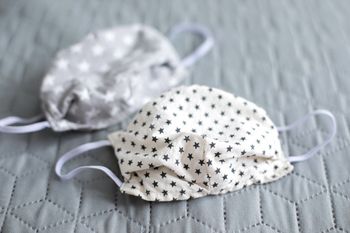
About the Business
Have a question? Ask the experts!
Send your question

